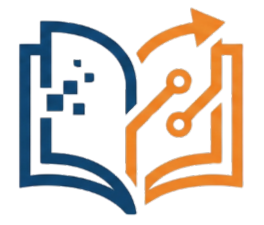Philosophical Frameworks – Key Terms and Ethical Theories
I. Key Terms
Before diving into ethical theories, let’s define three essential terms:
- Ethics: A set of principles that guide an individual or group in determining what is right or wrong, and how to act accordingly.
- Morals: Personal beliefs or values that define right and wrong for an individual, often influenced by cultural, religious, or societal factors.
- Values: The underlying principles, ideals, or standards that individuals or groups consider important and worthwhile, which shape their decisions, actions, and behavior.
II. Ethical Theories
There are several ethical theories that can be applied to computer engineering. We will focus on three major theories:
A. Consequentialism (Utilitarianism)
- This ethical theory focuses on the consequences of an action, rather than the action itself.
- The morally right action is the one that produces the most overall good for the greatest number of people.
- In computer engineering, this can involve weighing the potential benefits and risks of a technology or decision and choosing the option with the most positive outcomes.
B. Deontological Ethics (Duty-based ethics)
- This ethical theory emphasizes the inherent duties and obligations associated with an action, rather than the consequences.
- Actions are morally right if they align with specific moral rules or principles, regardless of the outcome.
- In computer engineering, this may involve adhering to Professional Codes of Ethics or prioritizing user privacy and security, even if it results in a trade-off with other benefits.
C. Virtue Ethics
- This ethical theory focuses on the character and virtues of the individual, rather than specific actions or consequences.
- Moral actions are those that align with virtues, such as honesty, integrity, and compassion.
- In computer engineering, this might involve developing technologies that promote well-being, equity, and fairness or prioritizing personal integrity and professionalism in decision-making.
In the next section, we will explore how these ethical theories can be applied in the context of computer engineering through professional codes of ethics and case studies.

